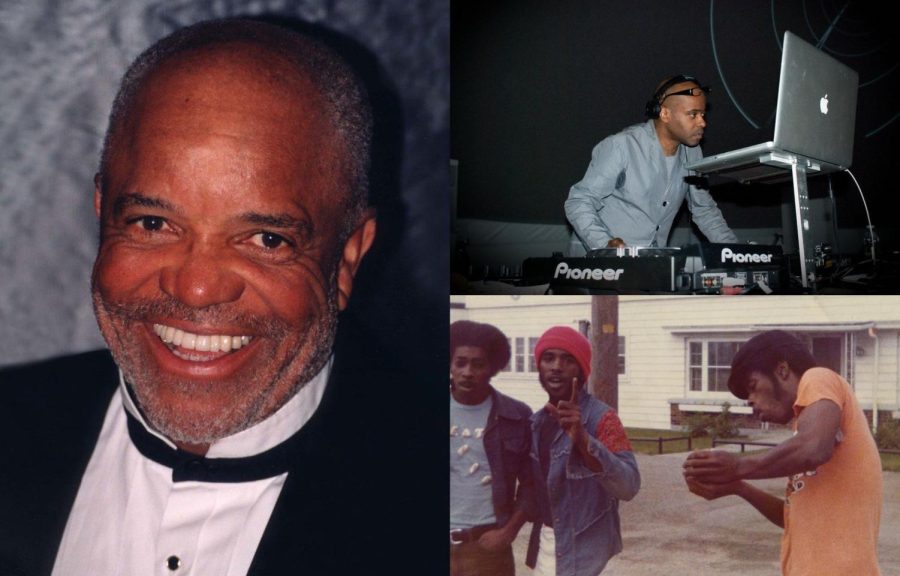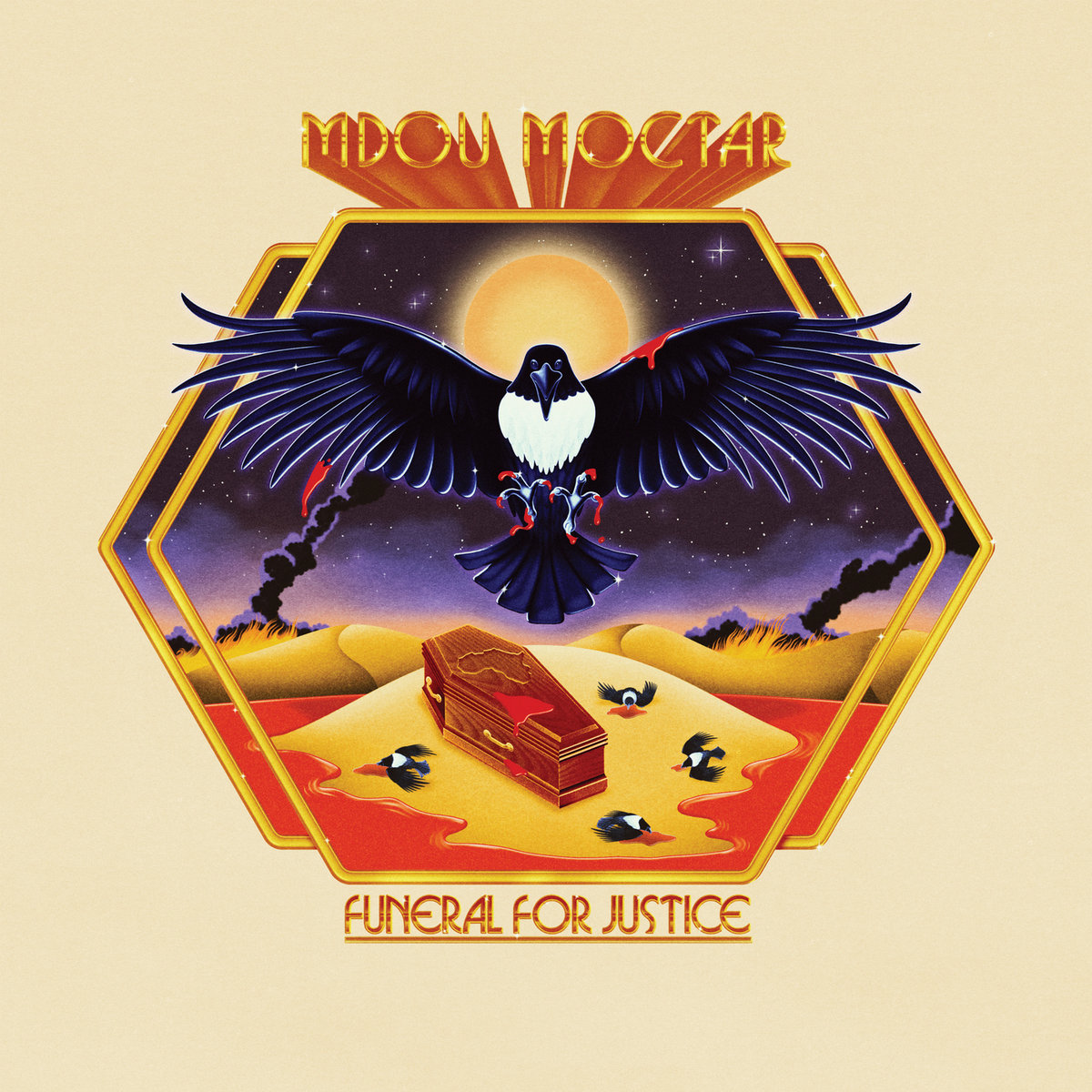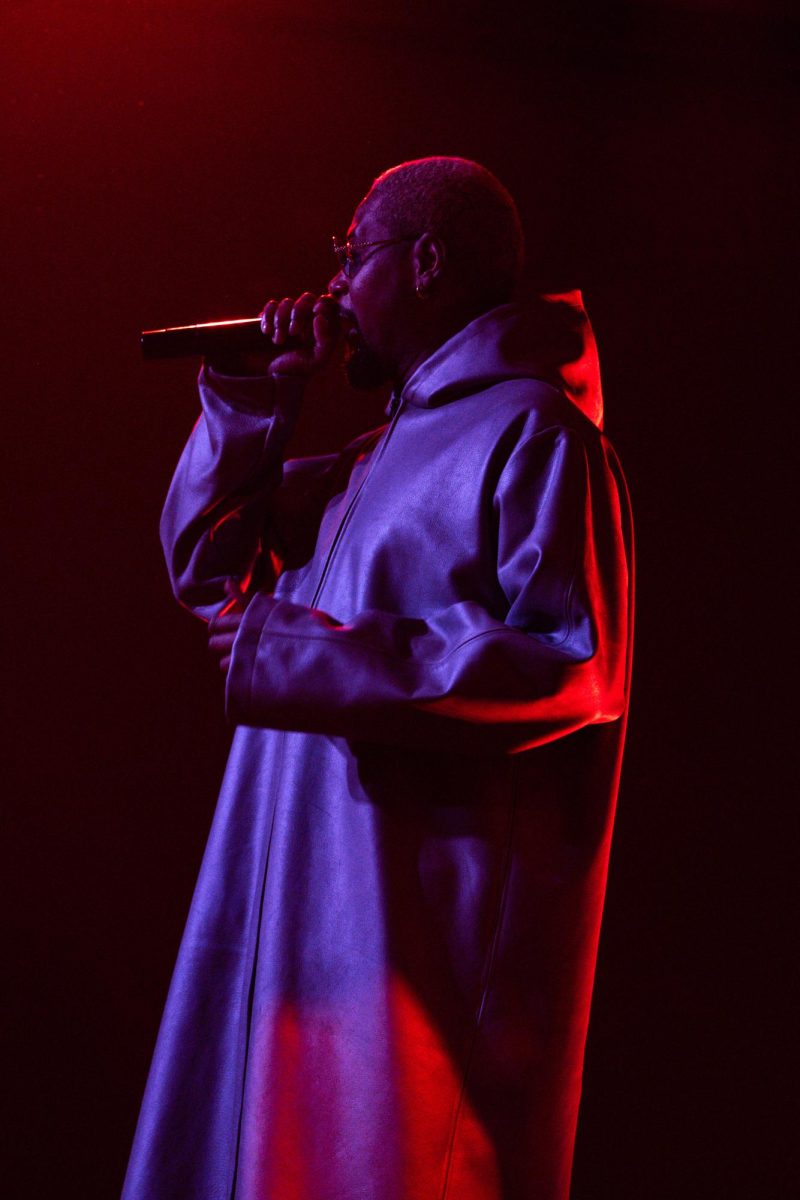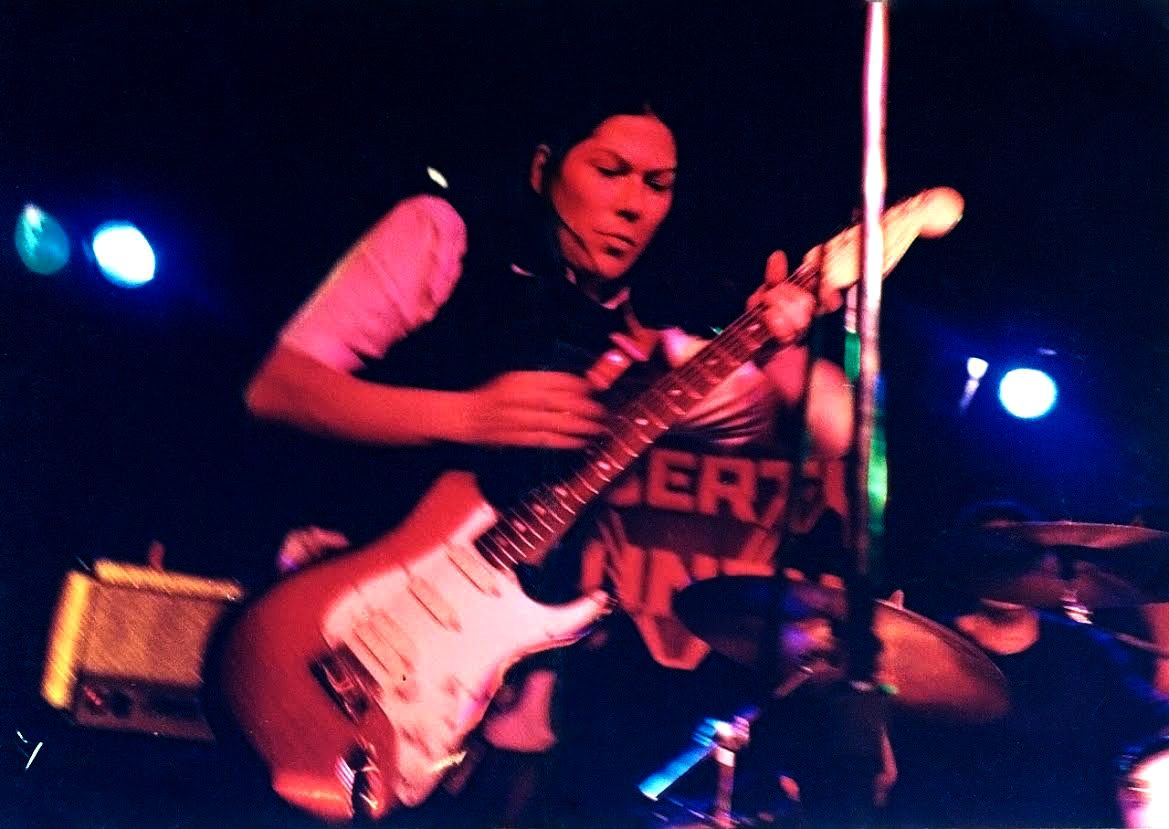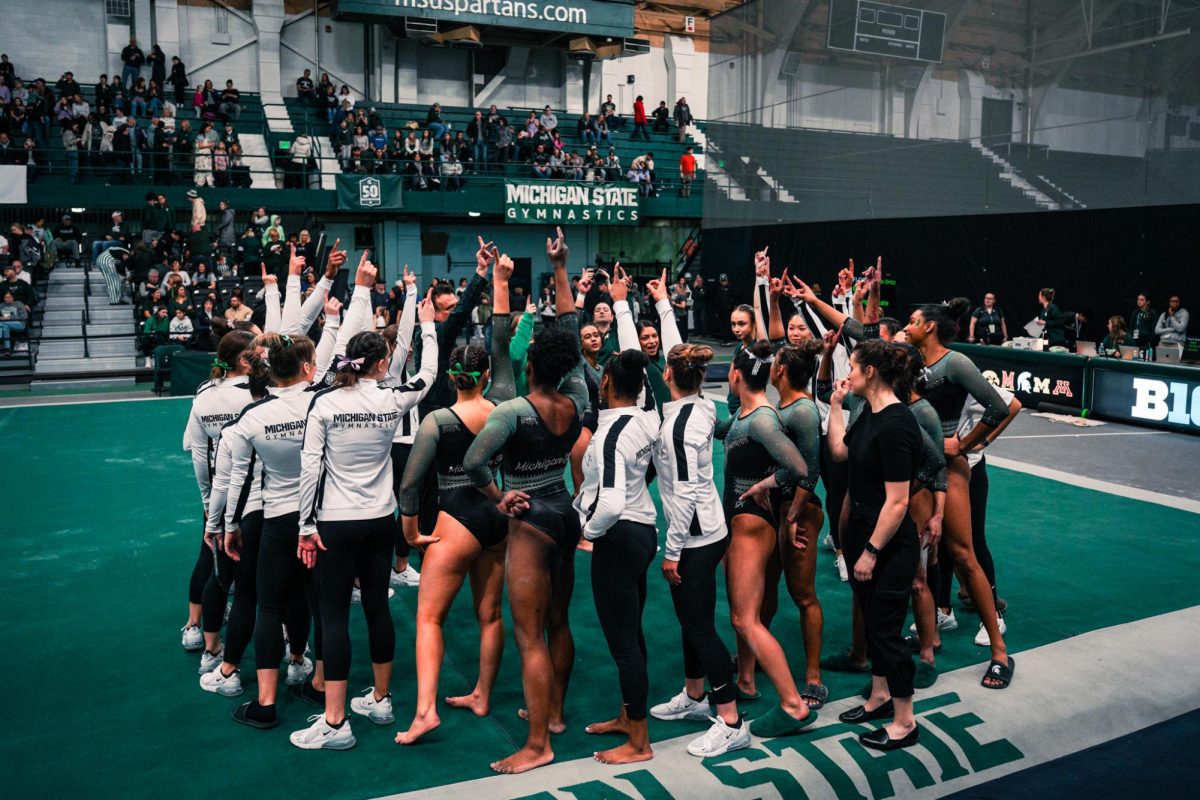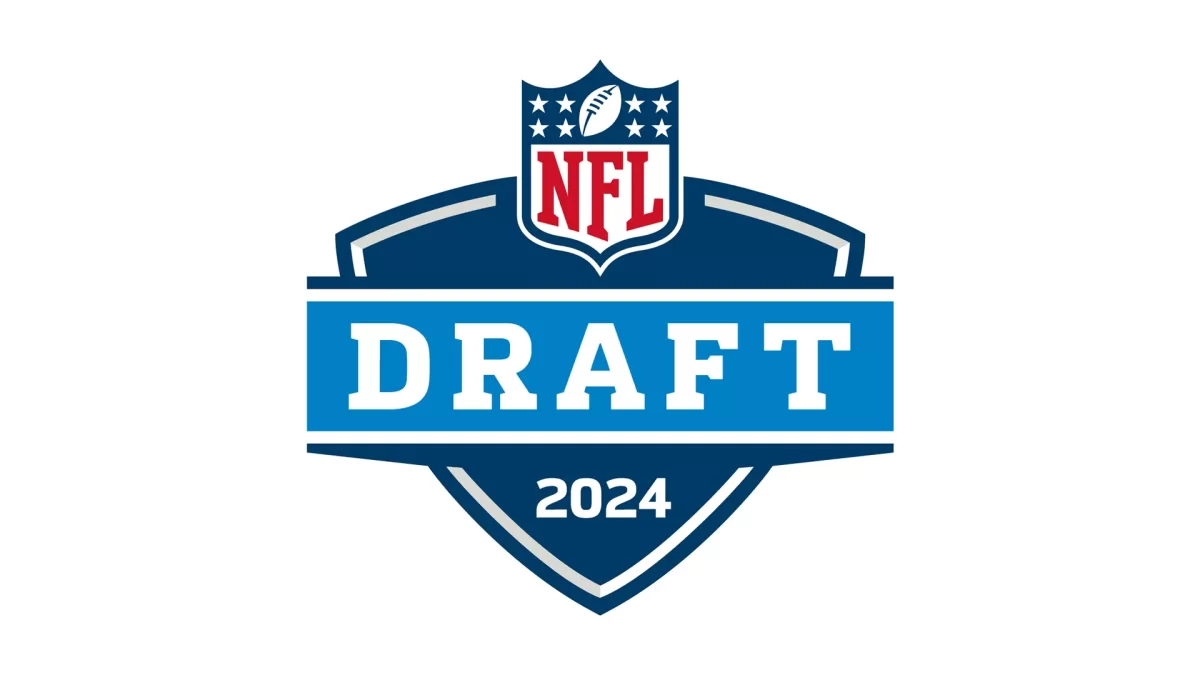The Black History of Our Favorite Music: How Detroit’s musical history and Black artists shaped modern music
“Juan Atkins @ MoMA PS1” by acidpolly is licensed under CC BY-NC 2.0. “Berry Gordy” by John Mathew Smith & www.celebrity-photos.com is licensed under CC BY-SA 2.0
February 28, 2022
Detroit’s rich musical history is no secret to Michiganders and the rest of the world. From jazz to Motown, to a vibrant local rap scene, the influence of Detroit-based music on the global music scene is undeniable.
“There is not another city in America that has had such a profound influence on popular music,” said Kenneth Prouty, a professor for the Michigan State University College of Music.
At the forefront of this influence were Black artists and producers, many of whom were recognized for their lasting contributions and talent. Names like Berry Gordy, Aretha Franklin, Stevie Wonder and Diana Ross remain the pride and joy of Detroit to this day.
However, the contributions of many Detroit Black artists have gone largely unrecognized. This is especially true in the genres of punk, ska, house and techno.
Detroit has strong ties to the house and techno genres. According to Prouty, the original name for techno was Detroit techno.
Detroit’s influence on these genres has gone global. Though techno music may dominate in European clubs, its origin can be traced back to 1980s Detroit, where Black musicians experimented with a drum-heavy futuristic sound.
One of the most prominent Detroit producers credited with inventing Detroit techno is Juan Atkins. The distinct Detroit techno sound can be heard on his track “Techno City.”
Detroit techno was Detroit’s interpretation of the house genre that came with 1970s disco. Black artists were at the forefront of these genres. However, today’s global techno scene is dominated by European artists.
According to Prouty, techno has had a huge influence on contemporary rave culture and has even bled into the modern hip hop scene.
Additionally, the most famous household names in punk tend to be white. However, Detroit boasts a punk history spearheaded by Black pioneers.
The Detroit rock band Death can be credited with punk’s earliest sound, often referred to as proto-punk. The band consisted of brothers David, Bobby and Dannis Hackney. The band was active throughout the 1970s and remained largely underground due to a lack of deserved recognition. It wasn’t until much later that Death’s contribution to punk was truly recognized.
A YouTube video by AJ+ does a good job of explaining the Black history of punk music and chronicling Death’s contributions to the genre.
Eventually, the Jamaican-originated ska genre of the 1950s would combine with these punk influences to create ska punk, resulting in a new Black-originated hybrid genre.
Of course, when most people think of Detroit music history they think of jazz and Motown, which dominated the 20th century.
Prouty said, “Detroit was heavy with the jazz scene in the ‘40s and ‘50s.” During this time blues and jazz clubs lined the streets of Detroit.
The jazz scene in Detroit dates back to as early as the late 1910s and 1920s when Black musicians began to pave their way for visibility in American music. At this time, many clubs and concert halls were racially segregated and did not allow Black musicians to perform.
Though jazz remains an important part of Detroit’s history and culture, the lively jazz scene of the 1940s and 1950s eventually conceded the spotlight to Berry Gordy’s Motown.
According to Prouty, with Gordy’s founding of the Motown record label, Motown began to dominate in the 1960s. Much of the music was reflective of the cultural and political events of the time, such as racial integration. The primary goal of Motown was to integrate into the pop market.
“The Motown experiment worked to diversify the music industry,” said Prouty.
The voices of Motown remain iconic in American music to this day, including music by acts such as The Supremes, The Miracles, The Temptations, Four Tops and many more. These groups and countless other Black voices defined Motown’s sound and paved the way for modern acts.
Prouty said the influences of Motown can be heard in Mariah Carey’s vocals. This is especially true of her 1991 album Emotions.
“I almost feel like everything is a Detroit sound,” said Prouty.
In an even more modern example, Pom Pom Squad’s Mia Berrin repeatedly said she took inspiration from Motown to create her music, specifically her 2021 album Death of a Cheerleader.
Countless modern artists continue to draw their inspiration from Motown, Detroit jazz, punk, techno and other genres created by Black artists. Detroit’s music history can tell us a lot about this progression and about the future of American music.
“Detroit is woven into the DNA of popular music in this country,” said Prouty.
Certainly, Detroit’s musical DNA is over a century old and is not disappearing any time soon.
Looking to learn more about the Impact Black artists have had on America’s musical history? Check out our playlist highlighting Black musicians who had their works stolen and removed from the radio, and the hits they contributed to the global music scene.


